
Does the Republican Party actually know who votes for them?
You would think that the US presidential campaign teams would have a pretty good idea of what sort of person is likely to vote for them. A recent book suggest that the Democrats have developed highly complex ways of figuring this out. On the other hand, given two recent events, I’m not sure the Republicans have any idea.
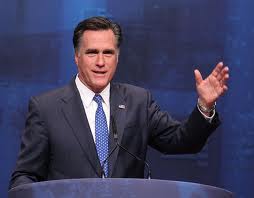
Romney’s 47% and What it Reveals About the American Right
Aside from cementing Obama’s tenuous lead (Silver now puts Obama’s chances at above 80%), Mitt Romney’s ‘47% gaffe’ also proved unexpectedly useful, if vexing, for conservatives.
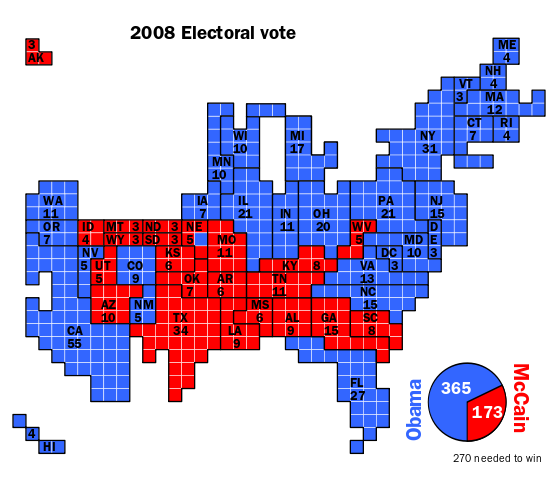
The Electoral College: Debunking myths used in its defence
Many people know that it is electors in the electoral college that actually elect the president, not citizens voting on election day. They also may know that this system allows the candidate coming in second to win the election, as occurred in 2000, and thus violates the democratic norm of equality in voting. But more puzzling (and less reliable) are the arguments made on behalf of the electoral college. Here are four of the most common — and why they are wrong. 1. The electoral college protects the interests of small states The core justification is that it balances local and national interests, protecting small states from majority rule. Yet states with small populations do not have common interests to protect and …
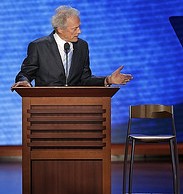
Washington Dispatch: Watching the Conventions
The other day I was standing in the gift shop at the National Museum of American History staring at the display of donkey- and elephant-branded merchandise when a stocky white guy in his mid-thirties came over and grabbed an armful of red GOP t-shirts and a large metal “Republican and Proud” plaque. “Can’t resist,” he said to me. I suppose he thought I would be sympathetic because I was wearing a t-shirt that said “Sports!” in that curly American writing that Coca-Cola has probably trademarked. “I work in healthcare,” he told me, after I nodded and grinned mutely like the weak-kneed liberal I am at heart. “Everyone around me is a Democrat. And I own my own business, so…” So, …
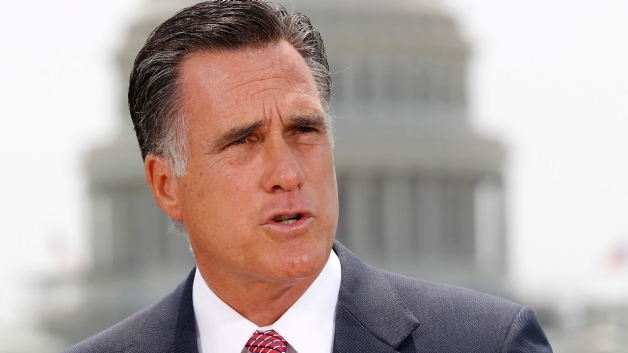
Forward to the Past: The Ideology of Romney’s Republicanism
‘President Obama has said that he wants to transform America. I don’t want to transform America; I want to restore the values of economic freedom, opportunity, and small government that have made this nation the leader it is.’ (4 April 2012, Remarks to the Newspaper Association of America) It is less than a hundred days until the election for the most powerful political office in the world, the President of the United States of America. The November election ‘will be a defining event’. Not said by the usual peddlers of political commentary and punditry, but by the Republican nominee for President, Mitt Romney. The US election of 2008 was monumental and arguably constituted a dramatic turning point in the political history …
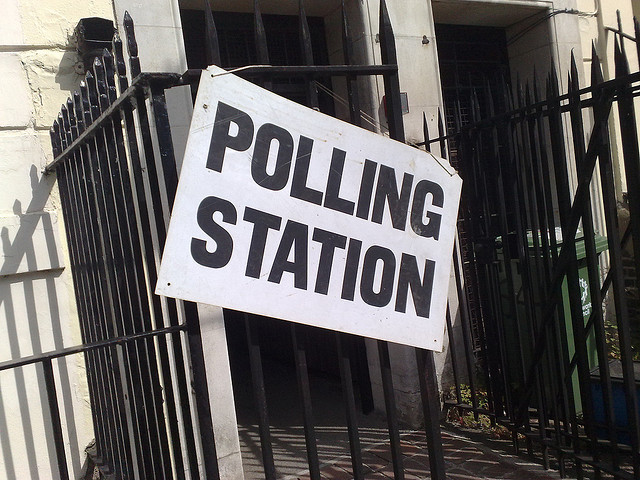
Do local elections predict general elections?
Today voters in 181 local authorities and councils across the UK will cast their votes to elect their local representatives. There are also elections for the London Assembly and three Mayoral elections, most prominently the election for the Mayor of London. Although officially concerned with local issues and local government, local elections in the UK are frequently taken to be large scale opinion polls on national political parties. When the results are announced they will inevitably be described by politicians and political commentators as (depending on the actual results, party affiliation and political inclination): a ‘triumph’, ‘disaster’, ‘bloody nose’, ‘strong message’, ‘resounding verdict’ and various other political clichés. Are politicians and commentators actually justified in making these statements? Do votes …
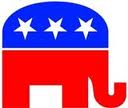
Nothing “super” about Super Tuesday
Super Tuesday came and went, and I’m not sure people in the ten states involved felt it was all that “super”. Despite some Republican party activists asserting this is the most important presidential election since George Washington was elected (no, really), voter turnout in several cases was lower than in the 2008 Republican Primary. Many of those who did vote were not enthusiastic about any of the candidates running. According to the Washington Post, “Barely more than four out of 10 voters in Ohio said they were strongly behind their candidate, according to exit polls”. And people aren’t enjoying the spectacle of the campaign itself either—the New York Times quotes a couple from Ohio complaining about the “barrage of ads” …

The fight goes on—from Arizona and Michigan to Super Tuesday
Mitt Romney won yesterday’s two primaries in Arizona and Michigan, but he didn’t win by enough to (re)establish a sense of inevitability around his candidacy. He has been the favourite for so long that everything but decisive victories ends up being framed as a bit of a disappointment. Here is Whit Ayres, a Republican political operative, speaking to the Washington Post a few days before this week’s primaries—“if [Romney] wins Michigan by double digits, especially if combined with a double-digit Arizona win, then all the chatter will die down just like it did after Florida.” But Romney didn’t win Michigan by double-digits, and the chatter hasn’t died down. Though Santorum lost both states, no one seems to really hold it …









